Posts
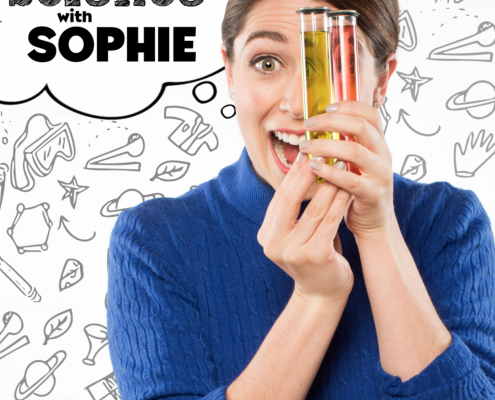
Girls in STEM: brain, farts, and a female science comedian
The forthcoming science comedy show for girls, Science with Sophie, has a simple message: any girl can find science around her, and be a brave, curious, silly and smart scientist. Crastina’s Julia Turan had a chat with the creator Sophie…
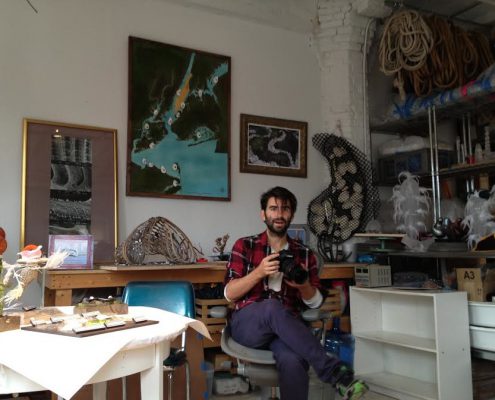
Innovation, imagination, and narrative: Science new wave cinema
The upcoming ImagineScience Film Festival is held across New York City between October 14 and 21. Here, the founder Alexis Gambis describes the story behind it to Crastina’s Julia Turan, and explains the challenges of portraying science…
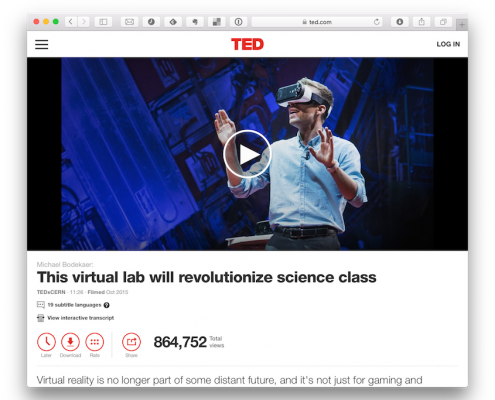
Labster – enhancing science learning with VR and gamification
Under any definition, we think that laboratory simulations are a great way of bringing science closer to people. ‘Presence’ has been described as a crucial element for motivation and engagement, and simulations intrinsically enhance the aspect of “I feel that I am there”, especially if they are combined with virtual reality technologies. In the particular case of our simulations, even if they are specifically created as teaching tools, in addition to the immersive experience, they are built around real life stories and are meant to be engaging. With the gamification components they are also good tools for science communication at some level.
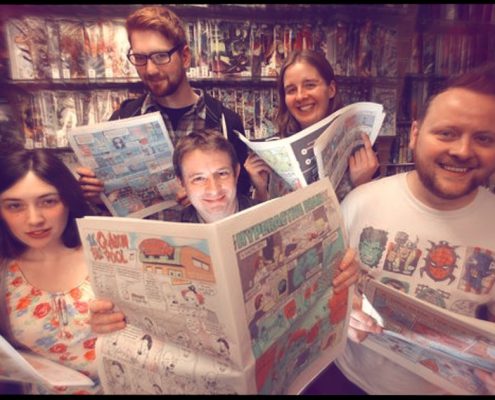
Lydia Wysocki on science comics as art-science collaborations
Lydia Wysocki is a Newcastle-based comic connoisseur who shares her experience researching, making and running workshops about comics. So far, Lydia has done three projects for Newcastle Science Comic.
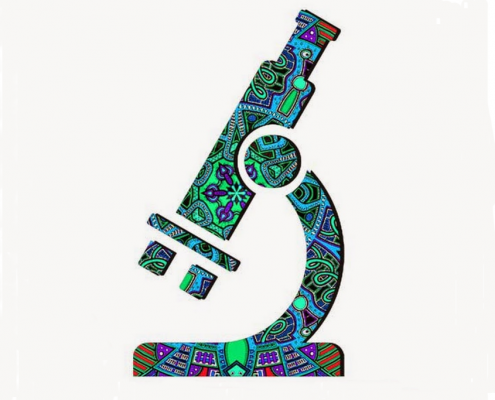
Fostering a better-educated community — the Hamed Mirzaei Foundation
Dr. Hamed Mirzaei, biomedical researcher from USC, wanted to bridge the gap between the arts and sciences and created his own foundation to sponsor talent and disseminate knowledge.

A guide to 7 science comics and animations that you need to know about
Anna Woolman, science enthusiast and masters student at Leeds University, shares some of her favourite science comics and explains why we need to have a closer look at them.
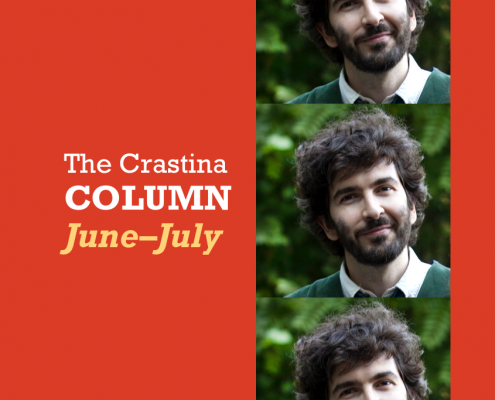
Why science should experiment more with comics (Matteo Farinella, June 2016)
It is time to seriously start experimenting with visual narratives!” says Matteo Farinella, neuroscientist and science cartoonist. He is convinced that comics can evolve to a powerful tool for science communication.

